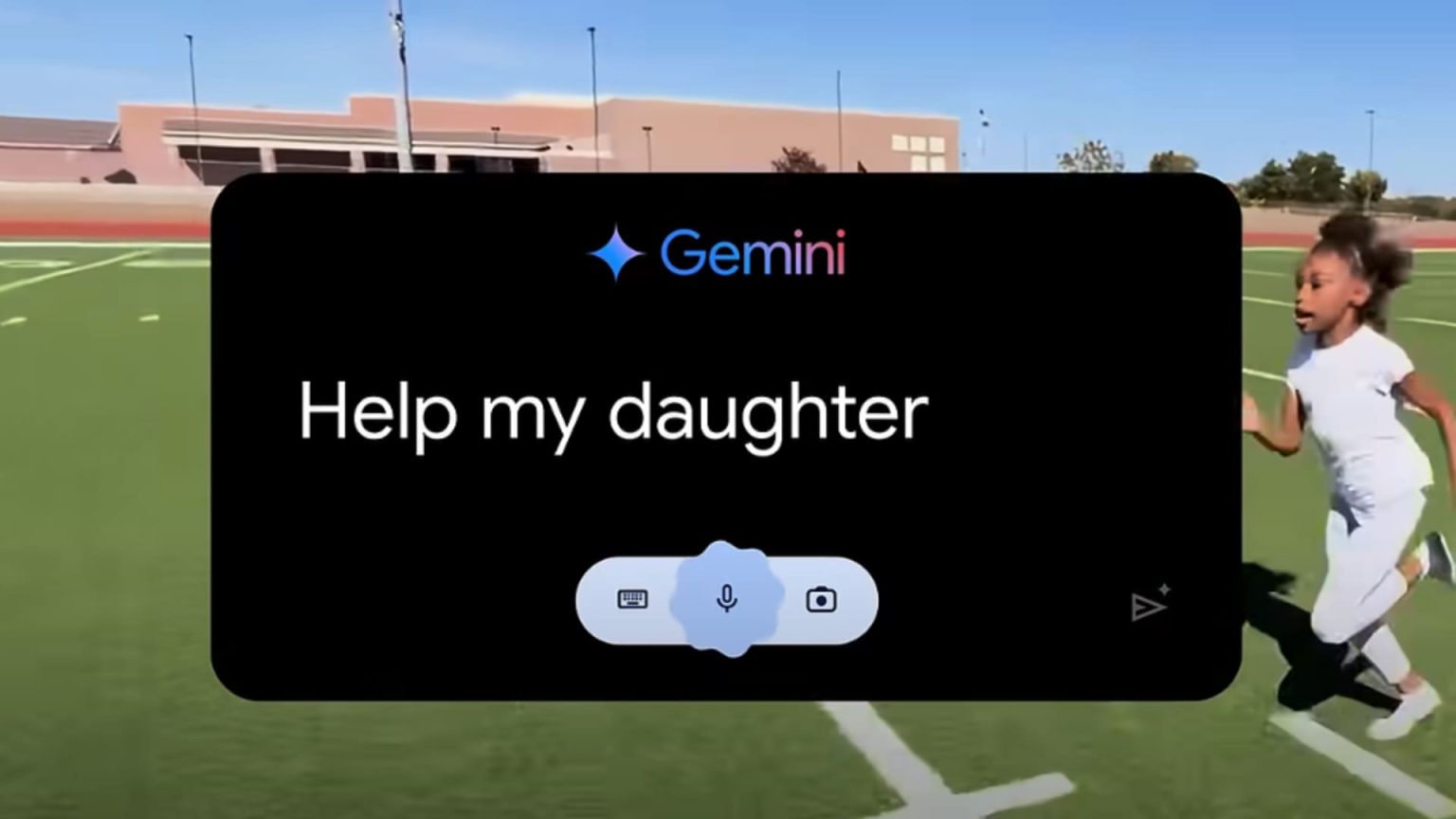Google pulled an Olympics ad for its chatbot Gemini that depicted a little girl using artificial intelligence to write a fan letter to her favorite athlete, U.S. hurdler and sprinter Sydney McLaughlin-Levrone. The ad, titled “Dear Sydney,” showed the girl’s dad prompting the AI chatbot to help with the letter. Google launched Gemini, previously known as Bard, following the rise in popularity of OpenAI’s ChatGPT. The ad was pulled from airwaves after receiving backlash for promoting the use of automation over authenticity, particularly with children.
Despite Google defending the ad initially, backlash continued to grow as critics accused the company of encouraging the use of automation instead of human creativity. Professor Shelly Palmer from Syracuse University’s S.I. Newhouse School of Public Communications wrote a blog post rejecting the future that Google was promoting, describing it as a “monocultural future” where original human thoughts become scarce. Google responded by phasing the ad out of its Olympics rotation but maintained that the Gemini app is intended to provide a starting point for writing ideas while emphasizing that AI should enhance human creativity, not replace it.
Apple also faced criticism for an ad featuring a hydraulic press machine crushing music instruments and paint cans to reveal its new iPad Pro. The company later apologized and pulled the ad from television. OpenAI technology chief Mira Murati acknowledged that AI may lead to the loss of some creative jobs but stated that some of those roles should not have existed in the first place. The use of AI in creative industries has raised concerns among Hollywood actors and unions, with backlash erupting after Scarlett Johansson claimed that OpenAI had ripped off her voice for the new ChatGPT AI voice known as “Sky.”
Ultimately, the controversy surrounding Google’s Gemini ad highlights the ongoing debate over the role of AI in creative processes and the potential impact on human creativity. While technology can serve as a valuable tool for enhancing creativity, there are concerns about overreliance on automation and the potential loss of original human thought. Companies like Google and Apple continue to navigate these challenges as they balance the benefits of AI with the need to preserve human creativity and authenticity in various industries. The evolving relationship between AI and creativity raises important questions about the future of work and the ethical implications of relying on technology to perform tasks traditionally associated with human ingenuity.


